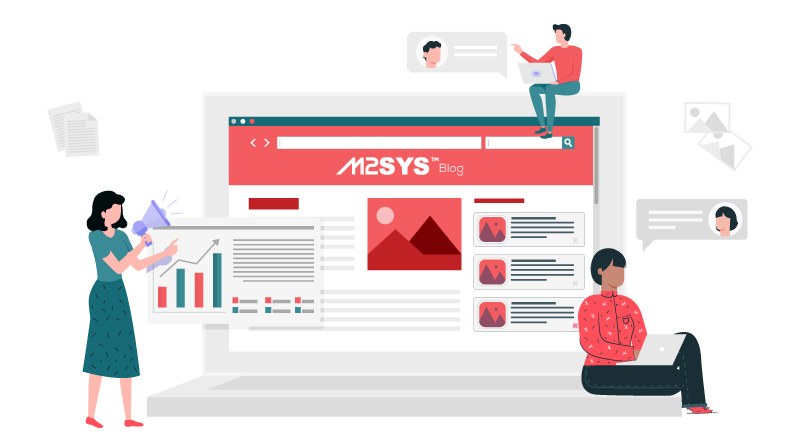What are the advantages of using biometrics in healthcare industry?
Biometric technologies provide precise patient authentication and tracking at doctor’s offices, healthcare facilities, and other medical centers. Access control and patient record checking are examples of such applications. Biometrics may also monitor patients outside of typical healthcare settings and are being used to build new applications such as electronic prescriptions and remote diagnostics. Here are the top uses of biometric technology in healthcare:
1. Patient Registration
The first step in biometrics is patient registration, which entails enrolling a patient’s identity. Paper-based patient registration can be time-consuming, and there are chances for errors. Alternatively, biometric registration can lead to more accurate and easy patient registration. Biometric data such as fingerprints, faces, irises, or veins are captured during patient registration. The quality and suitability for biometric matching are evaluated as part of the process. If no duplicates are identified, the data and records are kept in a secure cloud server.
2. Patient Identification
The next step is patient identification. A biometric search utilizing the patient’s biometric data can accurately identify the appropriate medical record within the EHR system when the patient enters a medical organization. As a result, medical personnel may access existing health information quickly if the individual is already registered, ensuring proper care, which is especially important when patients cannot declare their identity.
3. Eliminate Duplication and Misidentification
One of the major issues of working with healthcare data is duplication and misidentification. The repetition & misidentification may lead to unfair treatment creating a significant hassle for the patient. Therefore, while a patient is registered, the input data is cross-matched with the existing data to ensure zero duplication.
RightPatient is the healthcare industry leader in touchless biometric patient identity management. Using RightPatient healthcare facilities can help keep accurate and consistent medical records with proper patient identification to avoid duplicate medical records and identity theft.
Advantages of Using Biometrics in the Healthcare Industry
In 2022, biometric security has become more popular, and this trend is projected to continue. The enormous potential for biometrics in medical organizations is one reason for the market’s steady expansion, which is predicted to exceed $50 billion by 2025. Here are a few advantages of using biometrics in the healthcare industry:
1. Proper Identification
To help patients receive the best care for their condition, it’s critical that the information within their EHRs is up to date and accurate. However, if records are misplaced or, worse still, compromised, it may significantly impact the capacity to look after and care for patients.
Biometrics, on the other hand, would be helpful in this situation. For example, healthcare professionals may use a biometric scan to identify patients and instantly access their information. In addition, this capability might be expanded outside hospitals and utilized for pop-up clinics and blood donation programs.
2. Increased Safety
One of the principal factors for biometrics’ growing popularity is their reliability. Accurate fingerprint and face recognition are crucial for improving security measures in various ways and numerous enterprises, not just healthcare. Certain places, for example, are off-limits to both patients and staff and are only accessible to authorized medical professionals.
3. Reduce Fraud
Biometrics in healthcare has the potential to eliminate patient fraud. Biometric authentication, which includes face and fingerprint recognition, has the potential to change the sector and remove any attempts by individuals to impersonate other patients to get access to drugs and treatments.
4. Prevent Duplication
Patient data duplication can lead to catastrophic errors for the patient and the healthcare industry. Fortunately, there is no chance of duplication when using biometric identification as the traits are unique to each individual and the likelihood of repetition is almost zero.
5. Increased Satisfaction
Finally, the biometrics capabilities outlined above have the potential to greatly increase consumer happiness and service. Biometric authentication has the potential to improve the efficiency and effectiveness of treatments, medication, and even advice. Unauthorized entry and potentially catastrophic occurrences will be reduced due to the system, particularly if an individual gains access to a specific location within the structure.
Biometric technology will shape all industries that can adapt to it. The healthcare industry will benefit greatly from the implication of this amazing technology. RightPatient is an all-in-one biometric healthcare solution that aims to prevent duplicates, minimize identity theft cases, and improve patient safety with its touchless patient identification platform.











